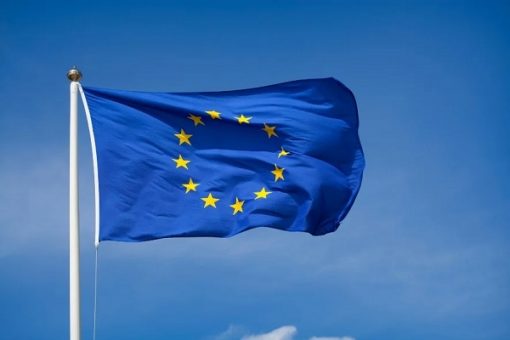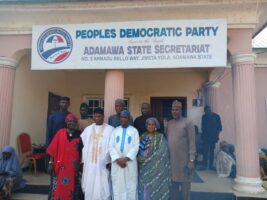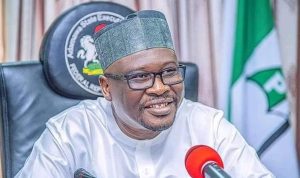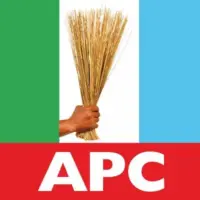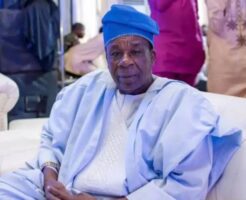The European Union (EU) has dispatched 687 observers to monitor Saturday’s governorship election in Anambra State, reiterating its commitment to a transparent, peaceful, and inclusive voting process in Nigeria.
Through its EU Support to Democratic Governance in Nigeria (EU-SDGN) programme, the EU is supporting civil society partners in deploying election observers, promoting peacebuilding, advancing gender and disability inclusion, combating misinformation, and enhancing public trust in the electoral system.
Seven of the 16 EU-SDGN implementing partners, including The Kukah Centre, Yiaga Africa, International Press Centre (IPC), Centre for Media and Society (CEMESO), Nigeria Women Trust Fund (NWTF), ElectHER, and TAF Africa, are already on the ground in Anambra.
These partners are operating from a Unified Election Observation Hub, aimed at coordinating efforts, ensuring consistent messaging, and maximizing visibility throughout the election period.
“The key feature of this unified deployment is to obtain a broad view of the election by utilising the diverse skills and experience of the EU-SDGN partners, analyse the findings, and compile them into a comprehensive report that will be made public and available to all stakeholders.
“In total, the programme is deploying 687 observers across Anambra State, working in coordinated clusters that cover election integrity, disability inclusion, gender participation, peacebuilding, media and misinformation tracking, logistics observation, and real-time data reporting,” the EU cohort said.
It added: “This is one of the most extensive civil society-led observer deployments ever recorded for a state election in Nigeria. Each cluster is collecting evidence from a different angle. When those findings are merged, they offer a fuller, verifiable picture of the election that no single organisation could produce alone.
READ ALSO: 50,000 Security Operatives Deployed To Monitor Anambra Polls – CP Shogunle
“The observers are distributed across several thematic areas, including election integrity and results verification; disability inclusion with trained observers and stand-alone sign language interpreters; gender participation with observers tracking women-related issues; media and misinformation tracking through journalists and fact-checkers deployed across polling locations; peacebuilding and conflict prevention; and the monitoring of polling logistics and the distribution of sensitive election materials.
Read Also
“This election is an opportunity to demonstrate that inclusion and credibility are shared democratic standards. Working from a single hub enables us to coordinate evidence, avoid duplication, and deliver a unified assessment of the process.”
Earlier this week, the EU-SDGN programme supported the signing of the Anambra Election Peace Accord involving all candidates and political parties.
“The Peace Accord is not the conclusion, but the beginning of responsibility. Candidates must not only sign for peace, but act peacefully and respect the will of the voters, the EU cohort stated.
Ahead of the governorship election, the EU-SDGN programme released a Joint Pre-Election Assessment Report.
The report examined the political landscape, security situation, media environment, and the inclusion of women and persons with disabilities.
It also provided 66 actionable recommendations aimed at enhancing electoral credibility, improving voter access, and boosting institutional readiness.
The EU-SDGN, funded by the European Union, is a Nigerian civil society-led initiative dedicated to promoting credible, inclusive, and peaceful elections across the country.
“The Kukah Centre leads on peacebuilding and interfaith dialogue; Yiaga Africa anchors election observation and data-driven civic participation; IPC and CEMESO strengthen media professionalism and safety while advancing media monitoring and counter-misinformation efforts; the NWTF and ElectHER drive women’s political inclusion and leadership, promoting greater representation of young women in elective office; while TAF Africa champions disability rights and inclusive electoral participation for persons with disabilities,” it added.

